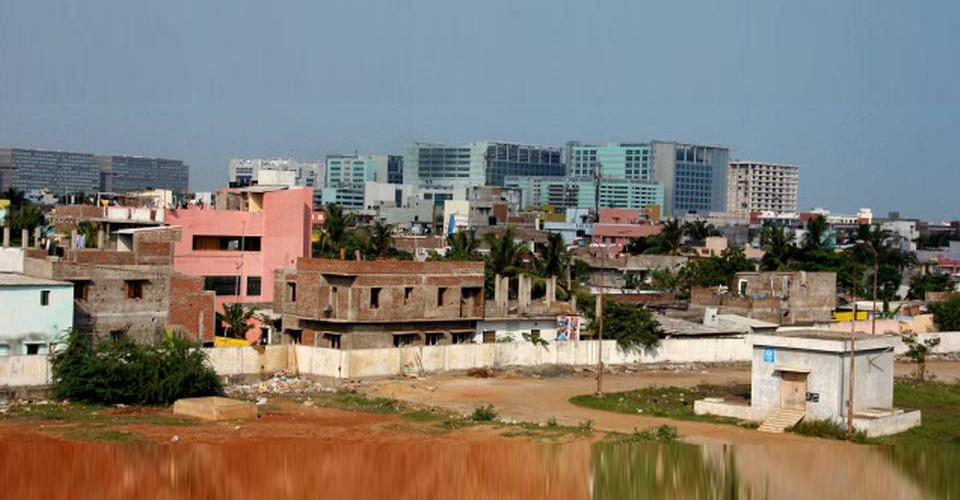Heirs and ECs

Your property-related legal queries answered by S.C.Raghuram, Partner, RANK Associates, a law firm that deals in these matters
My son-in-law’s father made a settlement deed between himself, his elder brother and his father in 1972. My son-in-law is not aware of the property and its income. Now, his father is critically ill. If anything happens suddenly, what are the legal steps to be taken by my son-in-law in order to retrieve his inherited property from his uncle and his cousin? Can he take legal action to get a part of the income from the property for his family and his mother, since his father has all of a sudden stopped giving money for the family? As his father is concealing all his income, we need guidance from you.
K.P. Rajan
Chennai
The document mentioned in your query as executed in the year 1972 must have been a Deed of Partition. If the property dealt with therein was ancestral, your son-in-law would have a share over the property allotted to his father. A copy of the said document along with the family tree would have to be perused for a comprehensive opinion on this aspect.
My father purchased a 4,300 sq. ft land in 1976 from a real estate owner at Payanur village near Mahabalipuram with a registered document. Now I applied for EC I found that there is no name of my father in the EC after 1982.
In the manual EC, my father’s name is available up to 1982. While checking in computer records after 1982, I found that our land is registered under some other person’s name. We did not collect patta from the Revenue Department. How do I get the patta to solve this problem?
Rizwan
Pallikarnai
An Encumbrance Certificate (EC) is a record of all registered transactions pertaining to the property for which the same is applied for. Your father’s purchase will only figure in the EC for the period covering the year 1976.
If he had not dealt with the property subsequently, the EC for subsequent years i.e., from 1977 till date, will not reflect any entry.
If the name of some third party is disclosed in the EC, you have to obtain a certified copy of the document reflected in the EC, and check whether your father’s property has been dealt with fraudulently.
If the entry figuring in the EC does not relate to your father’s property, you need not worry about that entry.
Leave a Reply
Your email address will not be published. Required fields are marked *
